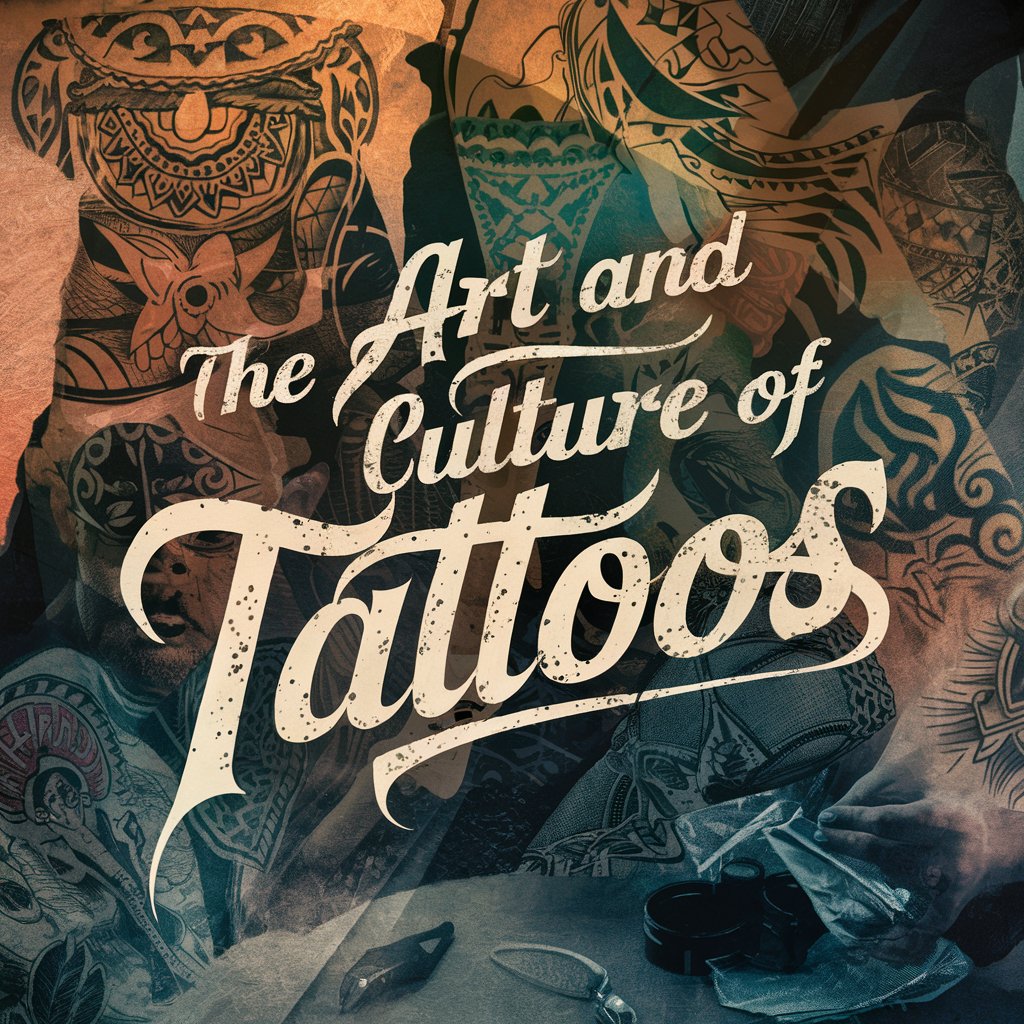Tattoos have been a significant part of human culture for centuries, serving as expressions of identity, beliefs, and artistic creativity. From ancient to modern times, tattoos have evolved into a diverse and respected art form. We will explore the rich history, cultural significance, artistic techniques, and modern trends surrounding tattoos, showcasing their enduring appeal and impact on society.
The Historical Roots of Tattooing
The practice of tattooing dates back thousands of years, with evidence found in ancient Egypt, China, and other civilizations. Tattoos were used for various purposes, including religious rituals, cultural identification, and status symbols. For example, in ancient Egypt, tattoos were associated with spiritual protection and were often worn by priests and priestesses. In Japan, tattoos were initially used as markers of criminality but later evolved into intricate designs known as Irezumi, symbolizing courage and honor.
Cultural Significance and Symbolism
Tattoos hold deep cultural significance in many societies. They often represent personal beliefs, cultural heritage, or significant life events. For instance, in Maori culture, tattoos known as Ta Moko symbolize ancestry, social status, and personal identity. Each design carries specific meanings related to family lineage and achievements. Similarly, in Polynesian cultures, tattoos called Tatau symbolize strength, courage, and community ties, with each motif conveying a unique narrative.
Artistic Techniques and Styles
The art of tattooing has evolved tremendously, with artists employing a wide range of techniques and styles to create stunning designs. Traditional methods, such as hand-tapping and stick-and-poke, have been passed down through generations and continue to be practiced by skilled artisans. In modern times, advanced tattoo machines and technology have revolutionized the industry, allowing for intricate details, vibrant colors, and realistic shading. Popular tattoo styles include realism, traditional, neo-traditional, blackwork, and watercolor, each offering a distinct aesthetic appeal.
Modern Trends and Innovations
The popularity of tattoos has surged in recent decades, with people from all walks of life embracing this form of self-expression. Modern tattoo culture encompasses diverse trends and innovations, from minimalist designs to elaborate full-body tattoos. New tattooing techniques, such as 3D tattoos and UV ink, have also pushed the boundaries of artistic creativity. Social media platforms have also significantly promoted tattoo artistry, allowing artists to showcase their work and connect with a global audience.
The Evolution of Tattoo Acceptance
While tattoos were once stigmatized in many societies, attitudes have shifted significantly in recent years. Tattoos are now widely accepted as legitimate forms of art and self-expression. Many workplaces and industries that previously banned visible tattoos have relaxed their policies, recognizing the diversity and creativity that tattoos represent. Furthermore, tattoo artists are increasingly celebrated as skilled professionals, contributing to the mainstream acceptance of tattooing as a respected art form.
Challenges and Controversies
Despite the growing acceptance of tattoos, challenges and controversies persist. Some cultural groups view tattoos as taboo or disrespectful, leading to misunderstandings and conflicts. Additionally, concerns about tattoo Austin safety and hygiene remain relevant, highlighting the importance of choosing reputable tattoo studios and following proper aftercare guidelines. Furthermore, issues such as cultural appropriation and the misinterpretation of sacred symbols continue to spark debates within the tattoo community and beyond.
Exploring Tattoo Rituals and Meanings
Beyond their visual appeal, tattoos often carry deep personal meanings and are imbued with ritualistic significance. In many cultures, getting a tattoo is accompanied by ceremonies or rites of passage. For example, among the indigenous tribes of North America, tattoos were earned through acts of bravery or spiritual quests, marking significant milestones in an individual’s life. Similarly, in modern tattoo culture, getting a tattoo can be a profoundly introspective experience, symbolizing personal growth, resilience, or a connection to one’s heritage. Understanding the rituals and meanings behind tattoos adds another layer of appreciation for this ancient art form.
Tattooing as a Form of Healing and Empowerment
In recent years, tattoos have also gained recognition for their therapeutic benefits and role in empowerment. Many individuals turn to tattoos as a means of healing from trauma or reclaiming control over their bodies. Tattoos can serve as symbols of resilience, courage, and self-empowerment, helping individuals embrace their physical and emotional scars. Tattoo artists specializing in trauma-informed tattooing provide safe spaces and compassionate support for clients seeking healing through body art, fostering a sense of agency and transformation.
The Future of Tattoo Culture and Innovation
As tattooing continues to evolve, fueled by technological advancements and changing societal attitudes, the future of tattoo culture appears dynamic and promising. Innovations such as biometric tattoos, incorporating elements like RFID chips or medical sensors, offer intriguing possibilities for the intersection of technology and body art. Moreover, the increasing diversity of tattoo artists and styles reflects a growing appreciation for inclusivity and representation within the tattoo community. As the boundaries of tattooing expand, one thing remains certain—tattoos’ enduring allure and significance as a timeless expression of identity and creativity.
Tattoos are more than ink on the skin; they are powerful forms of self-expression, cultural heritage, and artistic innovation. From ancient traditions to modern trends, tattoos have transcended boundaries and connected people across diverse backgrounds. As attitudes toward tattoos continue to evolve, it is essential to appreciate their rich history, cultural significance, and artistic beauty. Whether as symbols of identity, markers of milestones, or expressions of creativity, tattoos remain a timeless and enduring aspect of human culture.





